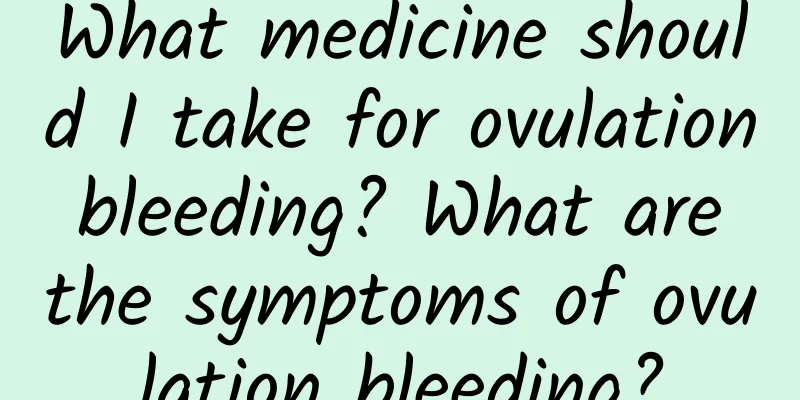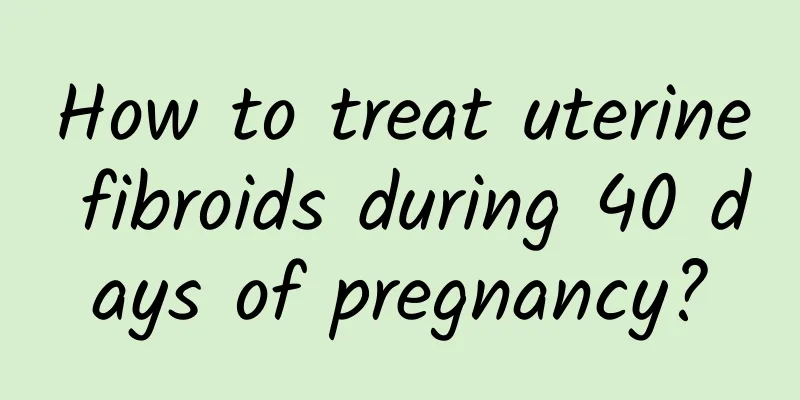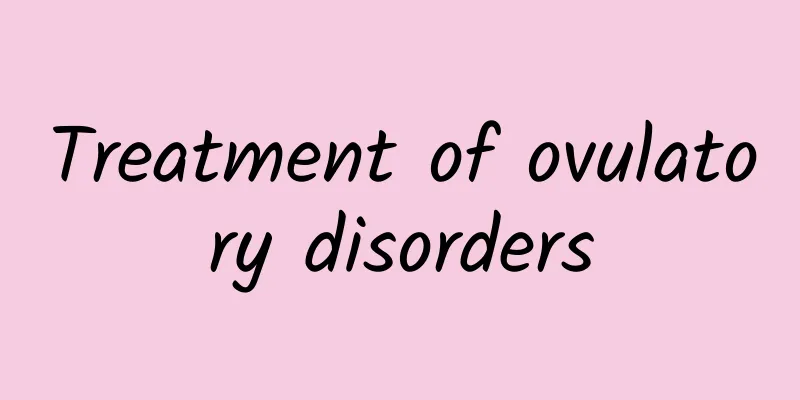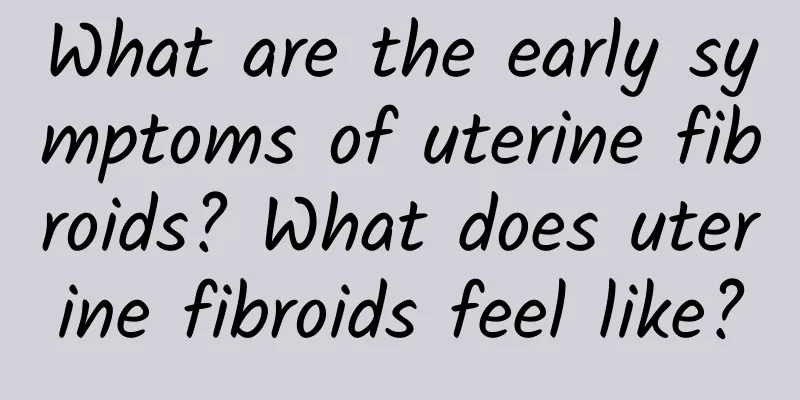What medicine should I take for ovulation bleeding? What are the symptoms of ovulation bleeding?

|
What medicine should I take for ovulation bleeding? What are the symptoms of ovulation bleeding? The so-called ovulation period, also known as the fertile period, is the ovulation period of women, which generally lasts 10 days. The female ovulation day is generally about 14 days before menstruation, and then the ovulation day together with the first 5 days and the last 4 days is the female ovulation period. Ovulation bleeding can easily cause panic among female friends. In fact, there are many reasons for ovulation bleeding, including physiological reasons and pharmacological reasons. Physiological reasons are normal and do not require treatment. Pay attention to diet conditioning and it will heal itself. If ovulation bleeding is caused by pathological reasons, it is abnormal and you should go to the hospital for examination and diagnosis in time. What medicine should I take for ovulation bleeding? Let's take a look. 1. If the ovulation bleeding symptoms are mild and the amount of bleeding is small, no medication is needed and the symptoms can be improved as long as the condition is properly adjusted. |
<<: What is the cure rate of chocolate cysts? What are the methods for treating chocolate cysts?
>>: What causes adenomyosis? Is miscarriage the cause of adenomyosis?
Recommend
What should I do if my menstrual flow is getting less and less?
What should I do if my menstrual flow is getting ...
What is the cause of adnexitis?
What is the culprit of adnexitis? Experts say: Du...
What causes adnexitis?
Adnexitis seriously harms the health of female fr...
What are the key points of suppository treatment for cervical erosion?
In life, women suffering from cervical erosion wi...
What are the dangers of abortion for the first time? Abortion will bring these 4 harms to women
For unexpected pregnancy, the solution people ado...
Postoperative care for Bartholinitis
Bartholinitis is mainly caused by bacterial infec...
How long after abortion can I take a shower?
How long after an abortion can you take a shower ...
How to know if you have adnexitis
How do you know you have adnexitis? Adnexitis can...
Don't drink beverages as water. Water intake = calories consumed.
The temperature is gradually rising. What would y...
Can women eat vinegar after miscarriage?
In the case of an unexpected pregnancy, abortion ...
How big is the uterine fibroid that requires surgery?
How big is a uterine fibroid that requires surger...
How can women take good care of themselves during menstruation to avoid irregular menstruation?
The pace of modern life is accelerating, and many...
Western medicine etiology and pathology of uterine fibroids
Uterine fibroids are the most common benign tumor...
How to reduce waist fat? 4 tips to make you slim waist
[Key Points]: Fat tends to accumulate on both sid...
Does eating Zhou Hei Ya cause miscarriage? It is not advisable to eat too much
Can pregnant women eat Zhou Hei Ya? Does eating d...









